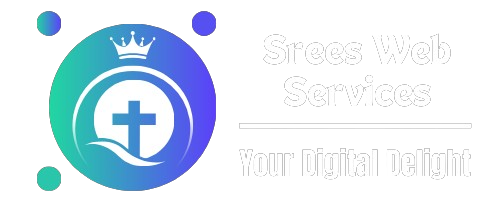Introduction
In today’s digital landscape, social media plays a pivotal role in marketing strategies for businesses of all sizes. Social media platforms offer unparalleled opportunities to connect with audiences, build brand awareness, and drive sales. Understanding the importance and benefits of social media in digital marketing can help businesses harness its full potential to achieve their goals.
Benefits
Increased Brand Visibility
Social media platforms provide a global stage for businesses to showcase their products and services. By maintaining an active presence on platforms like Facebook, Instagram, and LinkedIn, businesses can reach a wider audience and increase brand awareness. Regular posts, engaging content, and interactive campaigns help keep the brand top-of-mind for potential customers.
Customer Engagement
Social media fosters direct communication between businesses and their customers. This interaction helps build a sense of community and loyalty. Businesses can use social media to respond to customer inquiries, gather feedback, and provide customer service. Engaging with followers through comments, likes, shares, and messages can significantly enhance customer relationships.
Lead Generation
Social media is a powerful tool for lead generation. Platforms like LinkedIn are particularly effective for B2B marketing, allowing businesses to connect with industry professionals and potential clients. By sharing valuable content and running targeted ads, businesses can attract and convert leads. Features like Instagram and Facebook shops also enable direct sales through social media.
Platforms

Facebook remains one of the most popular social media platforms, with over 2.8 billion monthly active users. It offers a variety of tools for businesses, including Pages, Groups, and Ads Manager. Facebook’s targeting options allow businesses to reach specific demographics, making it a versatile platform for advertising and community building.
Instagram, known for its visual-centric approach, is ideal for businesses looking to showcase their products through images and videos. With features like Stories, Reels, and IGTV, Instagram offers numerous ways to engage with followers. The platform’s shopping feature also allows businesses to tag products in posts, making it easier for users to make purchases directly from the app.
LinkedIn is a professional networking platform that is essential for B2B marketing. It provides opportunities for businesses to connect with professionals, share industry insights, and establish thought leadership. LinkedIn’s advertising options, including Sponsored Content and InMail, help businesses reach a targeted, professional audience.
Strategies

Content Planning
Effective social media marketing begins with a solid content plan. Businesses should create a content calendar that outlines what to post, when to post, and on which platforms. Consistency is key to maintaining an active presence and keeping the audience engaged.
Audience Analysis
Understanding the target audience is crucial for creating relevant content. Businesses should analyze their audience’s demographics, interests, and online behavior to tailor their social media strategies. Tools like Facebook Insights and Instagram Analytics provide valuable data on audience engagement.
Interactive Content
Interactive content, such as polls, quizzes, and live videos, can significantly boost engagement. These formats encourage users to participate and interact with the brand, making the experience more memorable and impactful.
Paid Advertising
Social media advertising allows businesses to reach a broader audience beyond their organic followers. Platforms like Facebook and Instagram offer advanced targeting options to ensure ads reach the right people. Investing in paid advertising can enhance visibility and drive traffic to the website or online store.
Influencer Partnerships
Collaborating with influencers can amplify a brand’s reach and credibility. Influencers have dedicated followers who trust their recommendations. Partnering with relevant influencers can help businesses tap into new audiences and boost brand awareness.


Conclusion
Social media is an indispensable component of digital marketing, offering numerous benefits from increased brand visibility to enhanced customer engagement and lead generation. By leveraging major platforms like Facebook, Instagram, and LinkedIn, and implementing effective strategies, businesses can maximize their social media presence and achieve their marketing goals.
Embrace the power of social media to stay competitive, connect with your audience, and drive growth in today’s digital landscape. Start implementing these strategies today to see significant improvements in your online marketing efforts.









